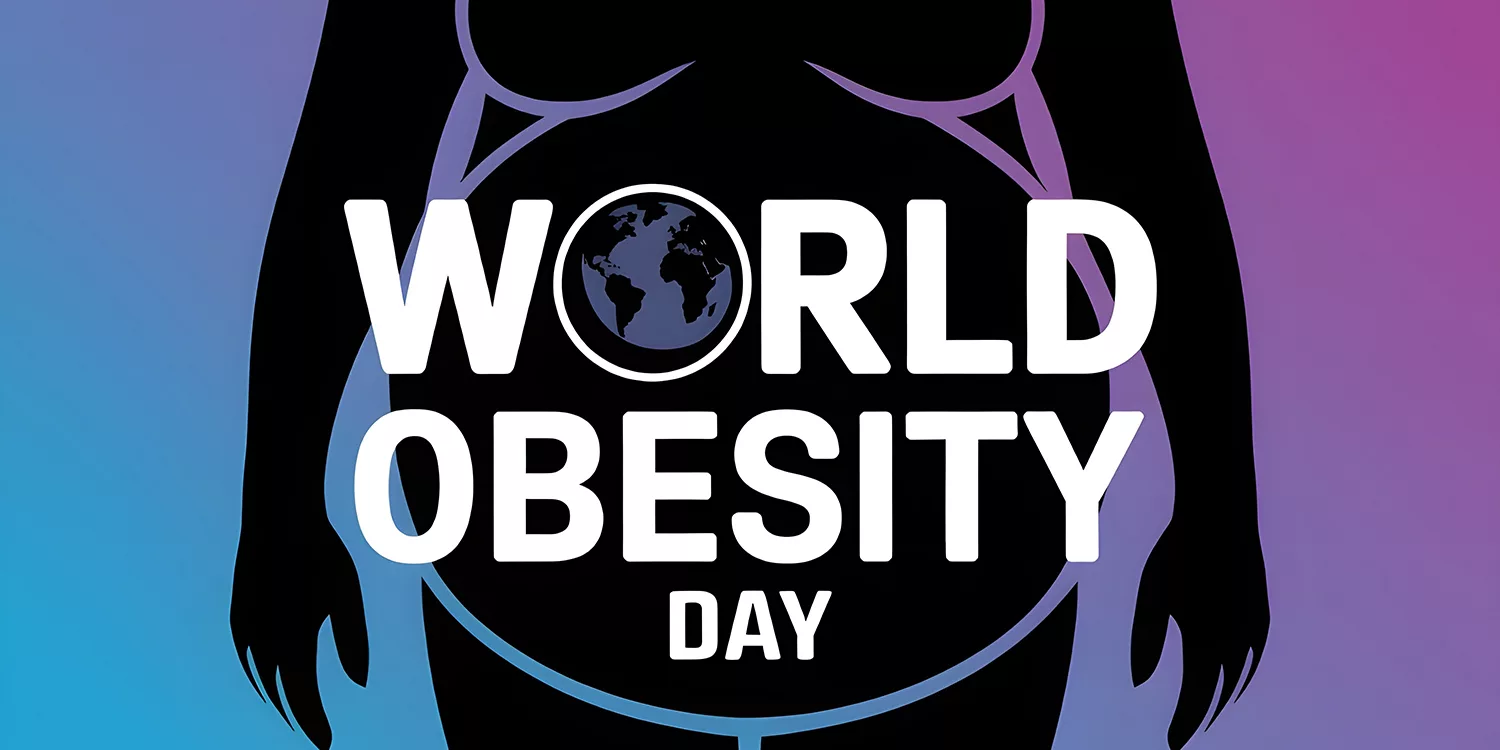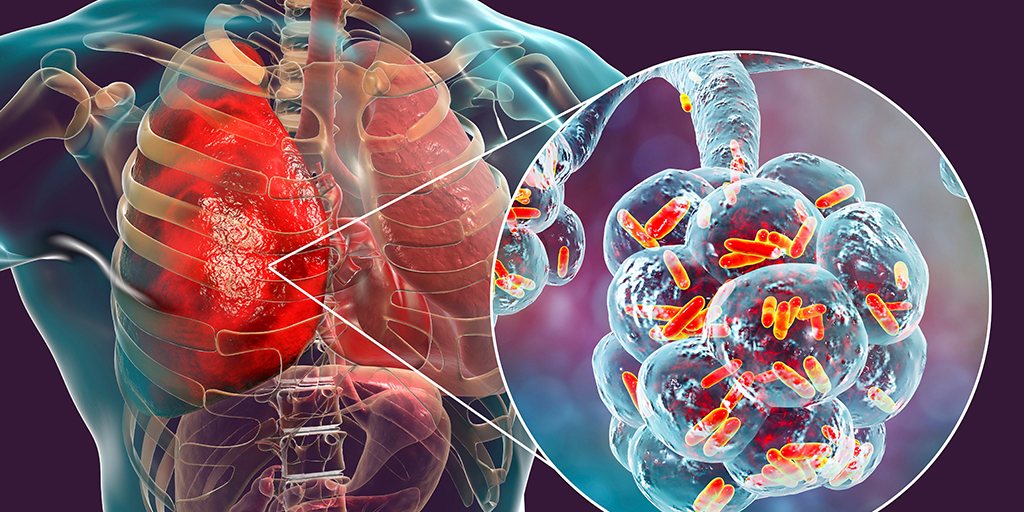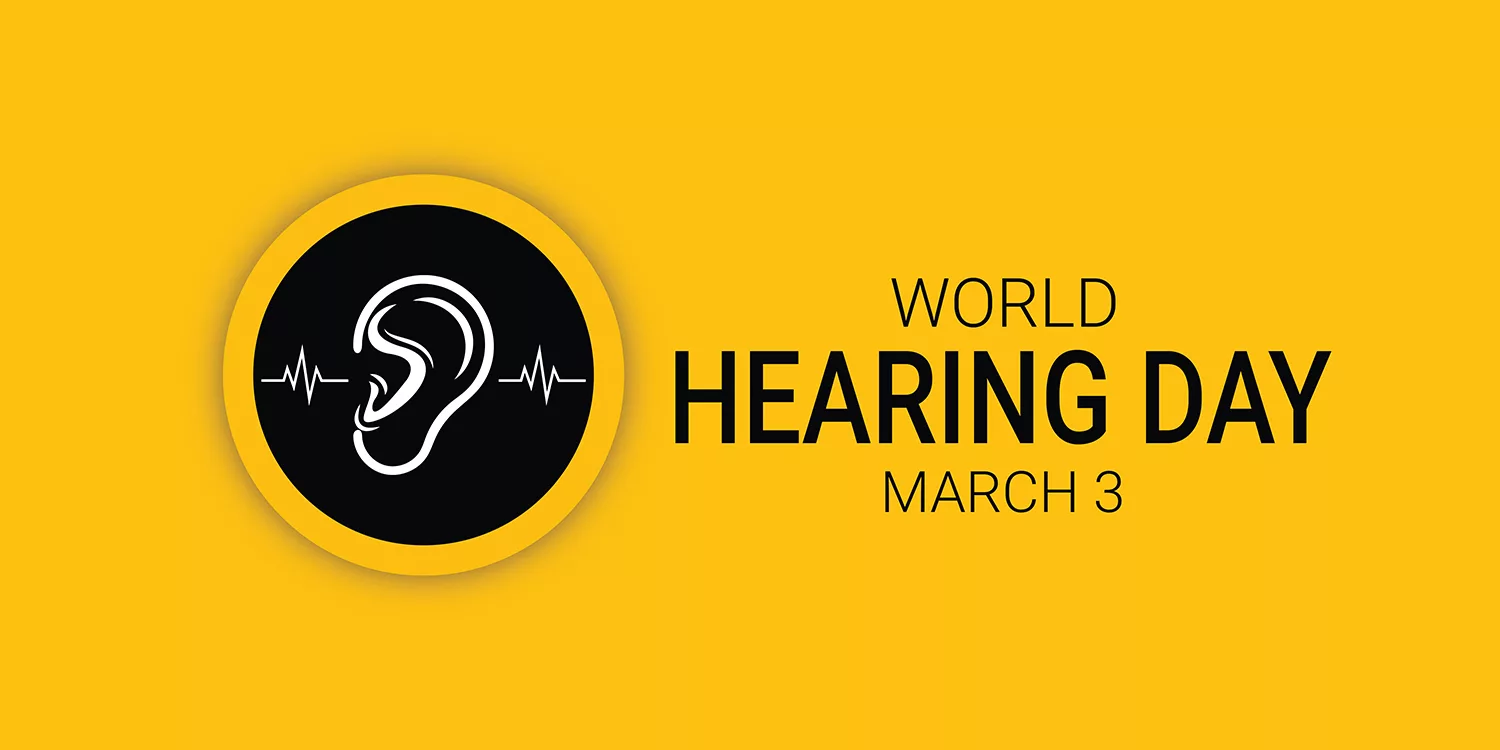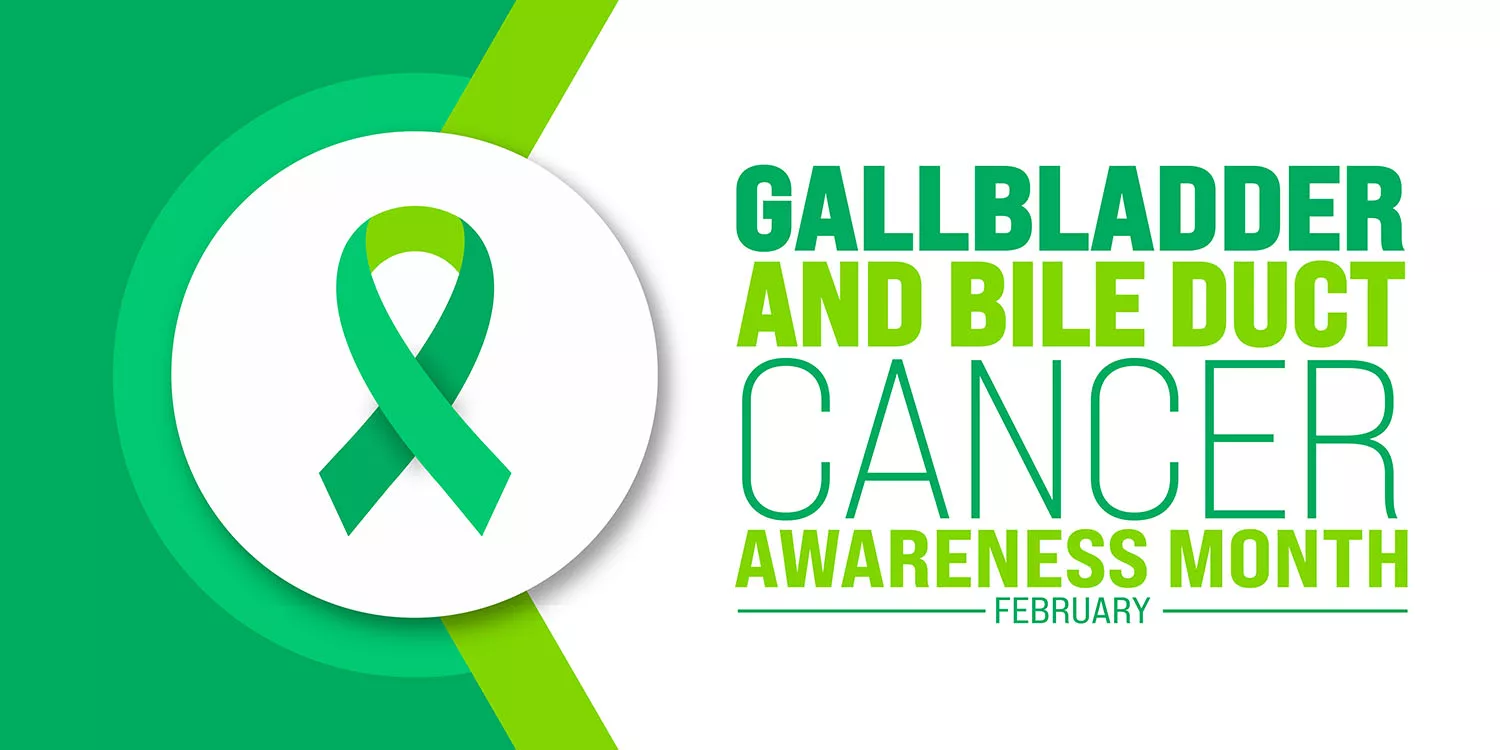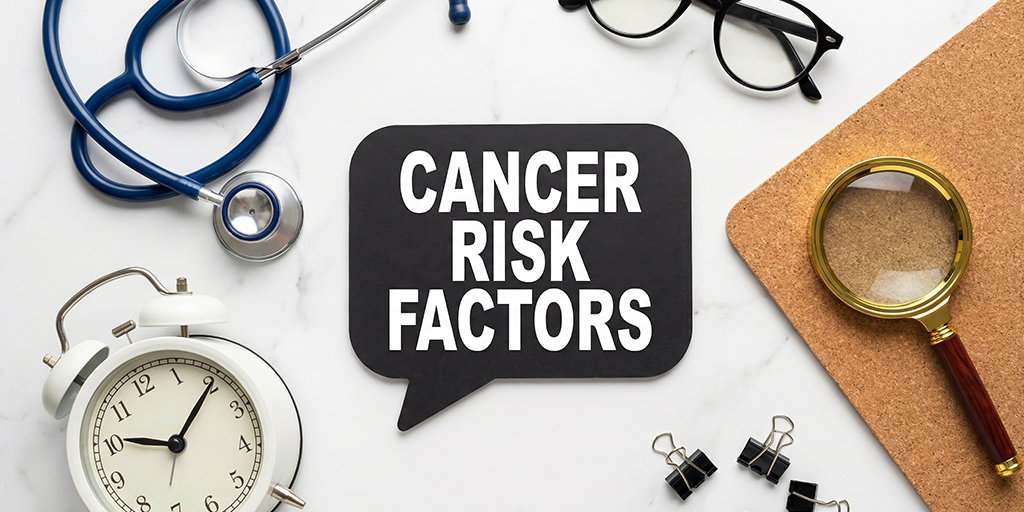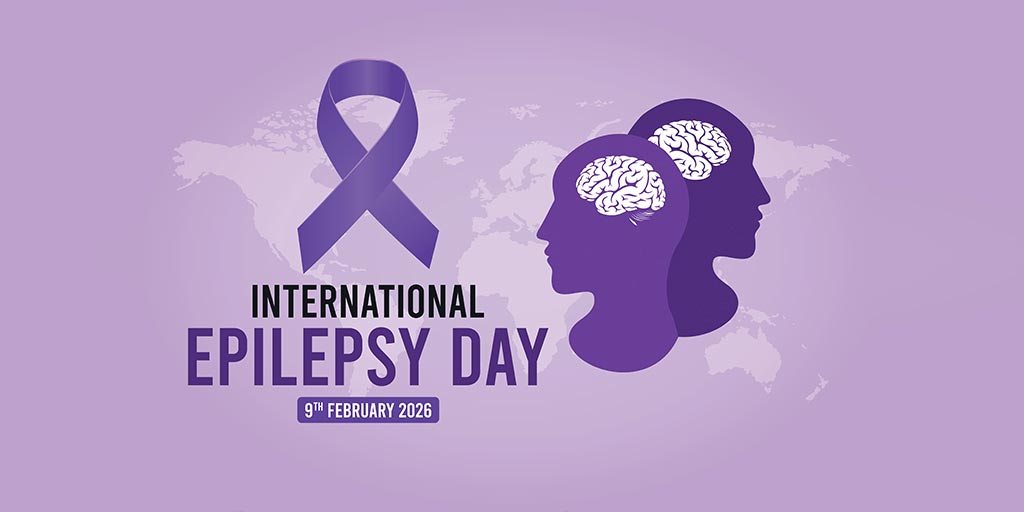Urologists specialise in diagnosing and treating conditions affecting the kidneys, bladder, ureters, urethra, and male reproductive organs. At Graphic Era Hospital, our team of expert urologists in Dehradun provides comprehensive urological care, from managing common urinary tract infections to performing complex urological surgeries. Whether it’s kidney stones, prostate disorders, or urinary incontinence, our top urologists use advanced diagnostic tools and the latest treatment techniques to ensure optimal patient outcomes.
Doctors Available
What Does a Urologist Do?
A urologist is a medical specialist who diagnoses and treats conditions affecting the urinary tract in both men and women and disorders related to the male reproductive system. Urology specialists provide both medical and surgical treatments for a wide range of urological conditions.
- Benign Prostatic Hyperplasia (BPH) Management: Treats enlarged prostate using medication, laser therapy, or surgical procedures like TURP.
- Urologic Oncology: Focuses on the diagnosis and treatment of cancers affecting the urinary system, such as bladder, kidney, and prostate cancer.
- Kidney Transplantation: Manages kidney transplant procedures, including pre-transplant evaluation and post-operative care.
- Sexual Medicine: Addresses issues such as erectile dysfunction, testosterone deficiency, and other male reproductive health concerns.
- Male Infertility: Diagnoses and treats conditions affecting male fertility, such as varicocele, low sperm count, and hormonal imbalances.
- Genitourinary Reconstruction: Performs reconstructive surgeries for birth defects, injuries, or complications from previous urological treatments.
- Minimally Invasive Surgery: Utilises advanced techniques such as laparoscopic surgery for precise and effective treatment with minimal recovery time.
- Female Urology: Treats urinary incontinence, overactive bladder, pelvic organ prolapse, and recurrent urinary tract infections (UTIs) in women.
- Neurourology: Covers bladder dysfunction due to neurological conditions like Parkinson’s disease, multiple sclerosis, and spinal cord injuries.
- Endourology: Focuses on minimally invasive procedures for kidney stones, ureteral strictures, and other urinary tract obstructions using endoscopic techniques.
- Paediatric Urology: Treats congenital urinary tract issues, bedwetting, and other urinary disorders in children.
When to Consult a Urologist?
Urological issues can significantly impact daily life and overall well-being. Consulting a urologist at Graphic Era Hospital at the right time can help in early diagnosis and effective treatment, preventing complications. If any of the following symptoms persist, seeking expert advice from the best urologists is essential:
- Persistent Pain or Burning Sensation While Urinating: This may indicate a urinary tract infection (UTI), bladder inflammation, or other underlying conditions.
- Blood in Urine: The presence of blood in urine (haematuria) could be a sign of kidney stones, infections, or even more serious conditions like bladder or kidney cancer.
- Frequent Urinary Tract Infections (UTIs): Recurring UTIs can signal underlying issues such as kidney problems or bladder dysfunction.
- Enlarged Prostate Symptoms: Difficulty in urination, frequent nighttime urination, or a weak urine stream could indicate benign prostatic hyperplasia (BPH) or other prostate conditions.
- Difficulty Passing Urine or Weak Urine Flow: Obstruction in the urinary tract, prostate problems, or nerve-related conditions may cause trouble in urination.
- Erectile Dysfunction or Male Reproductive Concerns: Sexual health issues, including erectile dysfunction and male infertility, may require specialised urological care.
Conditions Treated by Urologist at Graphic Era Hospital
Urologists at Graphic Era Hospital provide expert care for a wide range of urological conditions, ensuring effective diagnosis and treatment for both common and complex disorders. These include:
- Urinary Tract Infections (UTIs): Recurrent bacterial infections affecting the bladder, kidneys, or urethra, often causing pain, burning, urgency, and frequent urination.
- Kidney Stones: Hard mineral deposits that form in the kidneys, leading to severe pain, urinary obstruction, and potential infection.
- Blood in the Urine (Haematuria): A symptom that may indicate infections, kidney stones, or serious conditions such as bladder or kidney cancer.
- Urinary Incontinence & Overactive Bladder (OAB): Loss of bladder control, leading to involuntary leakage or a sudden, frequent urge to urinate.
- Benign Prostatic Hyperplasia (BPH): Non-cancerous prostate enlargement causing difficulty urinating, weak urine flow, and frequent nighttime urination.
- Cancers of the Bladder, Kidneys, and Prostate: Early detection and advanced treatment options for urological cancers, including minimally invasive surgeries.
- Erectile Dysfunction & Male Sexual Health Disorders: Diagnosis and treatment of erectile dysfunction, premature ejaculation, testosterone deficiency, and Peyronie’s disease.
- Male Infertility: Evaluation and treatment of conditions such as varicocele, low sperm count, and hormonal imbalances affecting fertility.
- Interstitial Cystitis (Painful Bladder Syndrome): A chronic bladder condition causing pelvic pain, increased urgency, and frequent urination.
- Pelvic Organ Prolapse: Weakening of pelvic floor muscles leading to the downward displacement of organs such as the bladder, uterus, or rectum.
- Neurogenic Bladder Disorders: Bladder dysfunction caused by neurological conditions like spinal cord injuries, multiple sclerosis, or Parkinson’s disease.
- Congenital Urinary Tract Abnormalities: Birth-related defects affecting kidney function, bladder control, or urinary flow, including vesicoureteral reflux and posterior urethral valves.
Why Choose Graphic Era Hospital for Urology Care
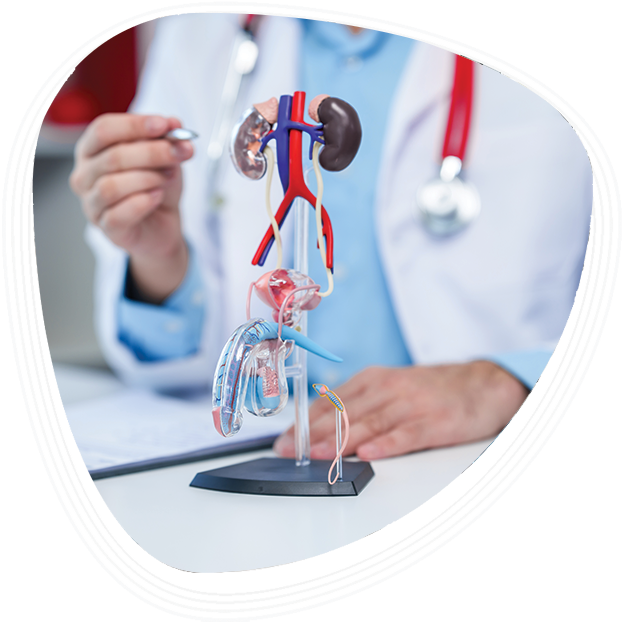
Urology Services Available at Graphic Era Hospital
Graphic Era Hospital offers a comprehensive range of urology services, from diagnosis to advanced surgical treatments. With state-of-the-art facilities and expert urology specialists, the hospital ensures high-quality care for all urological conditions.
Diagnostic Services
- Urodynamic Testing: Evaluates bladder function and urinary flow issues.
- Ultrasound & Imaging: Helps detect kidney stones, prostate enlargement, and other urological abnormalities.
- Cystoscopy: A minimally invasive procedure to examine the bladder and urethra.
- Prostate-Specific Antigen (PSA) Test: Screens for prostate cancer and monitors prostate health.
- Kidney Function Tests: Blood and urine tests to assess kidney performance and detect potential disorders.
Urological Procedures Performed by Our Urine Specialists
- Endoscopic Stone Removal: Minimally invasive procedures like ureteroscopy and laser lithotripsy to treat kidney and ureteral stones.
- TURP (Transurethral Resection of the Prostate): A surgical procedure to relieve symptoms of an enlarged prostate.
- Bladder & Kidney Stone Treatment: Medical and surgical interventions for stone management.
- Circumcision & Genital Procedures: Surgical treatment for phimosis, infections, and other genital conditions.
- Male Infertility Treatments: Advanced techniques such as varicocele repair and sperm retrieval procedures.
Advanced Treatments Offered by Our Urologists
- Laparoscopic Urological Surgeries: Minimally invasive techniques for faster recovery and reduced complications.
- Prostate Surgery: Treatment options including prostatectomy for prostate cancer or BPH (Benign Prostatic Hyperplasia).
- Bladder & Kidney Cancer Surgery: Advanced surgical procedures for tumour removal and cancer management.
- Reconstructive Urology: Surgical repair of congenital or acquired urinary tract abnormalities.
- Kidney Transplantation: Comprehensive evaluation and surgery for kidney transplant candidates.
Post-Surgical Care & Rehabilitation
- Catheter & Stent Management: Post-operative care for patients requiring urinary stents or catheters.
- Pelvic Floor Therapy: Specialised physiotherapy for urinary incontinence and pelvic organ prolapse.
- Long-Term Follow-Up & Preventive Care: Regular screenings and health management for urological well-being.
Top Procedures
- Ureteroscopy
- Transurethral Resection of the Prostate (TURP)
- Prostate Surgeries (Benign & Malignant)
- Partial and Radical Nephrectomy
- Kidney Stone Removal (Lithotripsy, PCNL, URS)
- Urological Cancer Surgeries
- Vasectomy & Vasectomy Reversal
- Pelvic Floor Surgery
Urology Conditions Treated at Graphic Era Hospital
Other Specialities
Patient Stories
Blog
Frequently Asked Questions (FAQs)
When should I see a urologist instead of a general physician?
Consult a urologist for persistent urinary issues, blood in urine, kidney stones, prostate problems, erectile dysfunction, or male infertility concerns.
What is the difference between a nephrologist and a urologist?
A nephrologist specialises in kidney diseases and their medical treatment, while a urologist treats conditions related to the urinary tract and male reproductive system, including surgical interventions.
Are urologists also sexologists?
Urologists treat medical and surgical issues of the urinary and male reproductive systems, while sexologists focus on psychological and emotional aspects of sexual health.
Are urology treatments painful?
Many urology treatments, especially minimally invasive procedures, involve minimal discomfort, and pain management techniques ensure patient comfort.
Can women also consult a urologist?
Yes, urologists treat both men and women for conditions such as urinary tract infections, incontinence, bladder issues, and kidney stones.
What are the symptoms of kidney stones?
Symptoms include severe lower back or abdominal pain, blood in urine, nausea, frequent urination, and a burning sensation while urinating.
How are kidney stones treated?
Treatment options include pain management, increased fluid intake, medication, shock wave lithotripsy, ureteroscopy, or surgical removal for larger stones.
What are the best ways to prevent kidney stones?
Staying hydrated, reducing salt intake, maintaining a balanced diet, and limiting oxalate-rich foods like spinach and nuts can help prevent kidney stones.
How do I know if I have a bladder infection?
Symptoms include frequent urination, burning pain during urination, cloudy or strong-smelling urine, and pelvic discomfort.
What causes frequent urination?
Causes range from urinary tract infections and overactive bladder to diabetes, kidney problems, and prostate enlargement.
What are the signs of an enlarged prostate?
Symptoms include difficulty urinating, weak urine flow, frequent urination (especially at night), and incomplete bladder emptying.
How is prostate cancer diagnosed and treated?
Diagnosis involves PSA tests, digital rectal exams, and biopsies. Treatment options include surgery, radiation therapy, hormone therapy, and active surveillance.
What are the causes of erectile dysfunction?
Causes include stress, hormonal imbalances, nerve damage, underlying medical conditions like diabetes, or side effects of certain medications.
Is male infertility treatable?
Yes, treatments include medication, hormone therapy, lifestyle changes, and surgical interventions for conditions like varicocele.
Does a vasectomy affect sexual performance?
No, a vasectomy does not impact sexual performance or hormone levels; it only prevents sperm from being released.
Is laser treatment effective for kidney stones?
Yes, laser lithotripsy is a highly effective, minimally invasive procedure for breaking down kidney stones into smaller fragments for easier passage.
How long does it take to recover from prostate surgery?
Recovery time varies, but most patients resume normal activities within a few weeks, with full recovery taking up to six weeks.
What are the risks of urological surgeries?
Risks include infection, bleeding, temporary urinary incontinence, and, in rare cases, damage to surrounding tissues or organs.
How can I book an appointment with the best urologist in Dehradun at Graphic Era Hospital?
Appointments with the best urologist in Dehradun at Graphic Era Hospital can be booked online through our website, via phone at 1800-8879-351, or by visiting our hospital directly.







